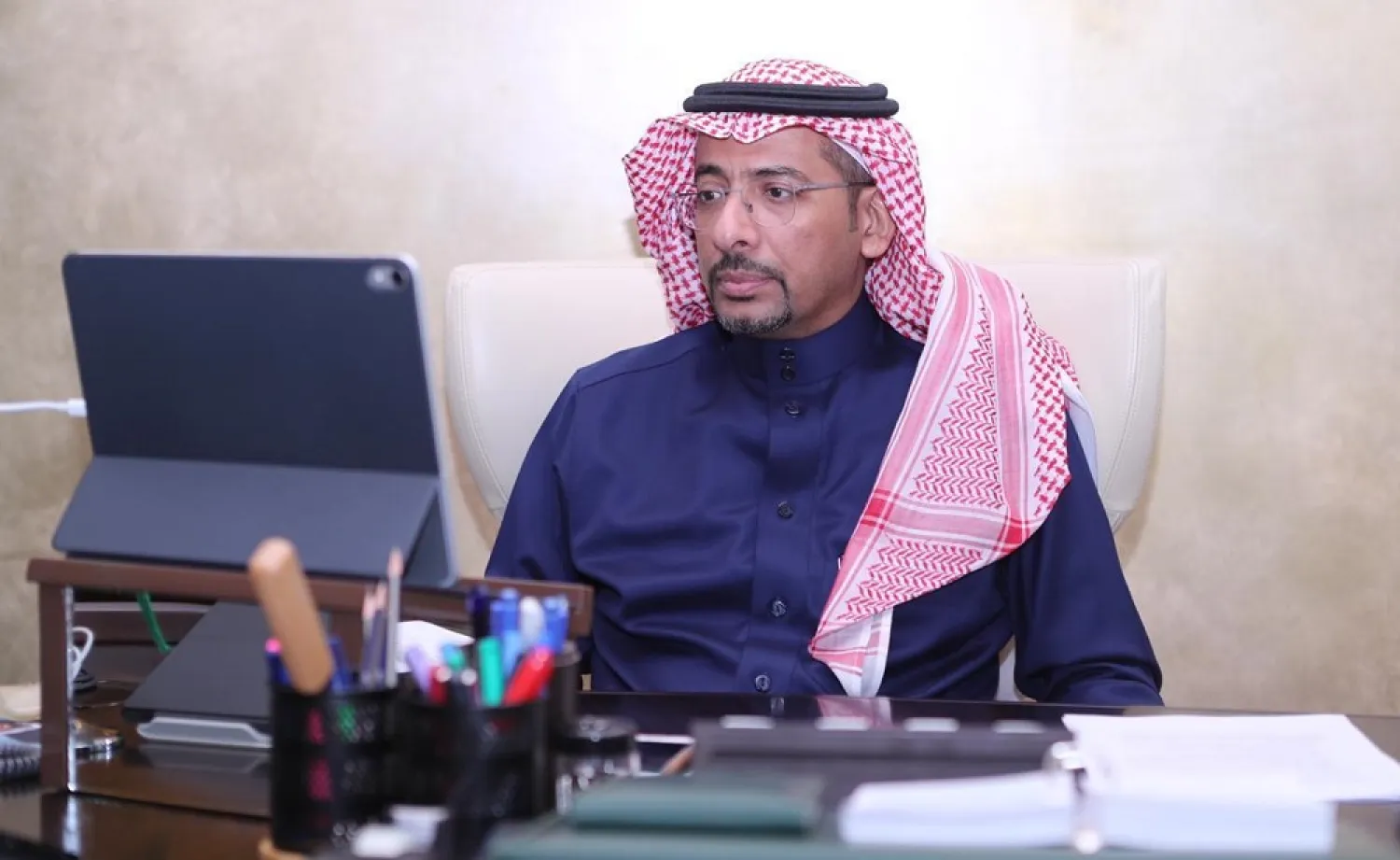A recently published international report showed striking optimism around Saudi economic growth hitting 2.8% in 2021 as the coronavirus vaccination campaign continues to reach many of the Kingdom's residents.
The rate of economic recovery was tied to the speed of administering inoculations across the Gulf state.
In the report, the Paris-based Organization for Economic Cooperation and Development (OECD) raised its forecast for Saudi economic growth after it had reached around 2.6% in March.
Growth towards the end of Q1 2021 can be traced back to economic recovery measures implemented by the Kingdom.
Moreover, the report predicted that the Kingdom's GDP would grow by 3.8% during 2022, following a 4.1% contraction in 2020.
It also predicted a month-on-month GDP hike to 5.8%, as opposed to the previous 5.6%.
As for the global economy, growth will likely vary, depending on the effectiveness of vaccination programs and public health policies carried out in each country.
There are many positive signs for post-lockdown global growth. These signs include an increase in industrial production and a strong comeback for trade.
In other news, Saudi Minister of Industry and Mineral Resources Bandar bin Ibrahim Alkhorayef on Monday approved establishing a sustainability council for the industry and mineral resources system.
The council aims to achieve environmental sustainability in the Kingdom's industrial and mining sectors.
Deputy Minister of Industry and Mineral Resources for Mining Affairs Khalid bin Saleh Al-Mudaifer will head the newly formed body.
Al-Mudaifer said the council seeks to unify the efforts of the industry and the mining sector to achieve sustainability goals and enhance the competitiveness and diversity of national industries.
He said the council would strive to create an environment conducive for investment, enrich technical knowledge in the field of sustainability through digital platforms and promote clean production initiatives in the industrial and mining sectors.
Al-Mudaifer said it would also provide support to community members in responding to all challenges, as well as to unify effective communication with local authorities and international organizations.
He said the council would work on reviewing local legislation and implementing regulations related to sustainability.









